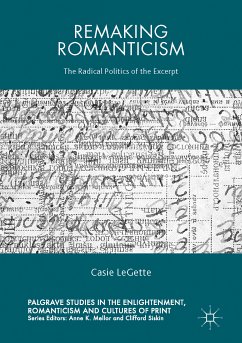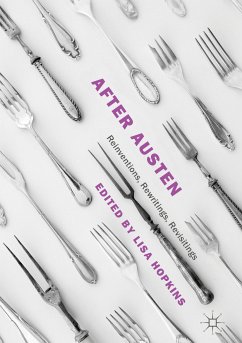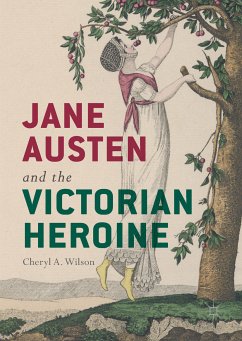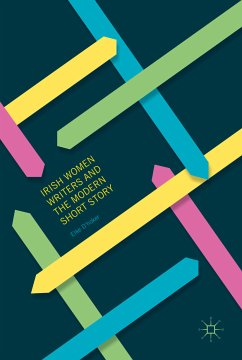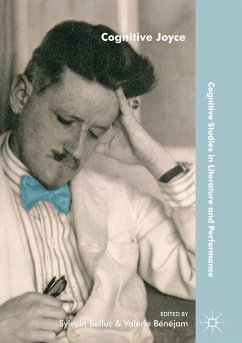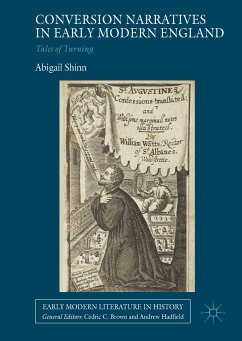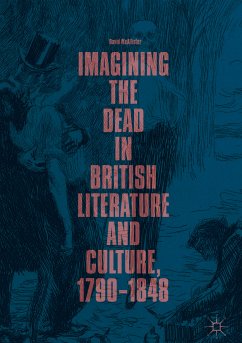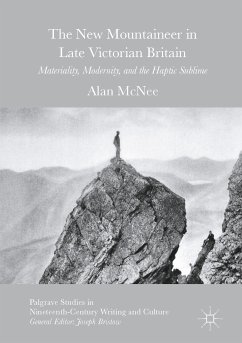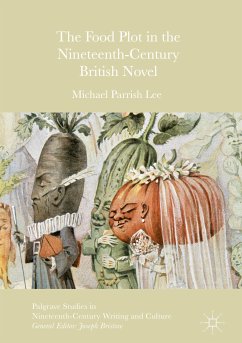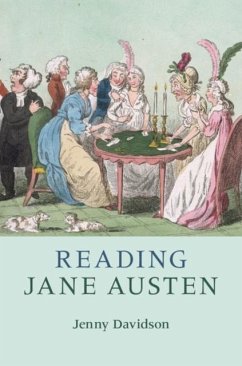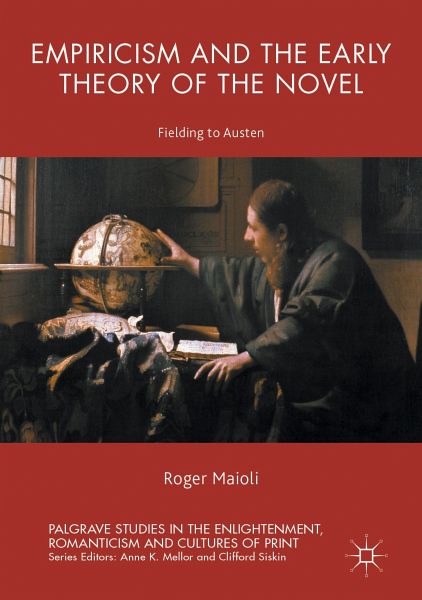
Empiricism and the Early Theory of the Novel (eBook, PDF)
Fielding to Austen
Versandkostenfrei!
Sofort per Download lieferbar
72,95 €
inkl. MwSt.
Weitere Ausgaben:

PAYBACK Punkte
36 °P sammeln!
This book is about the empiricist challenge to literature, and its influence on eighteenth-century theories of fiction. British empiricism from Bacon to Hume challenged the notion that imaginative literature can be a reliable source of knowledge. This book argues that theorists of the novel, from Henry Fielding to Jane Austen, recognized the force of the empiricist challenge but refused to capitulate. It traces how, in their reflections on the novel, these writers attempted to formulate a theoretical link between the world of experience and the products of the imagination, and thus update the ...
This book is about the empiricist challenge to literature, and its influence on eighteenth-century theories of fiction. British empiricism from Bacon to Hume challenged the notion that imaginative literature can be a reliable source of knowledge. This book argues that theorists of the novel, from Henry Fielding to Jane Austen, recognized the force of the empiricist challenge but refused to capitulate. It traces how, in their reflections on the novel, these writers attempted to formulate a theoretical link between the world of experience and the products of the imagination, and thus update the old defenses of poetry for empirical times. Taken together, the empiricist challenge and the responses it elicited signaled a transition in the longstanding debate about literature and knowledge, as an inaugural round in the persisting conflict between the empirical sciences and the literary humanities.
Dieser Download kann aus rechtlichen Gründen nur mit Rechnungsadresse in A, B, BG, CY, CZ, D, DK, EW, E, FIN, F, GR, HR, H, IRL, I, LT, L, LR, M, NL, PL, P, R, S, SLO, SK ausgeliefert werden.



